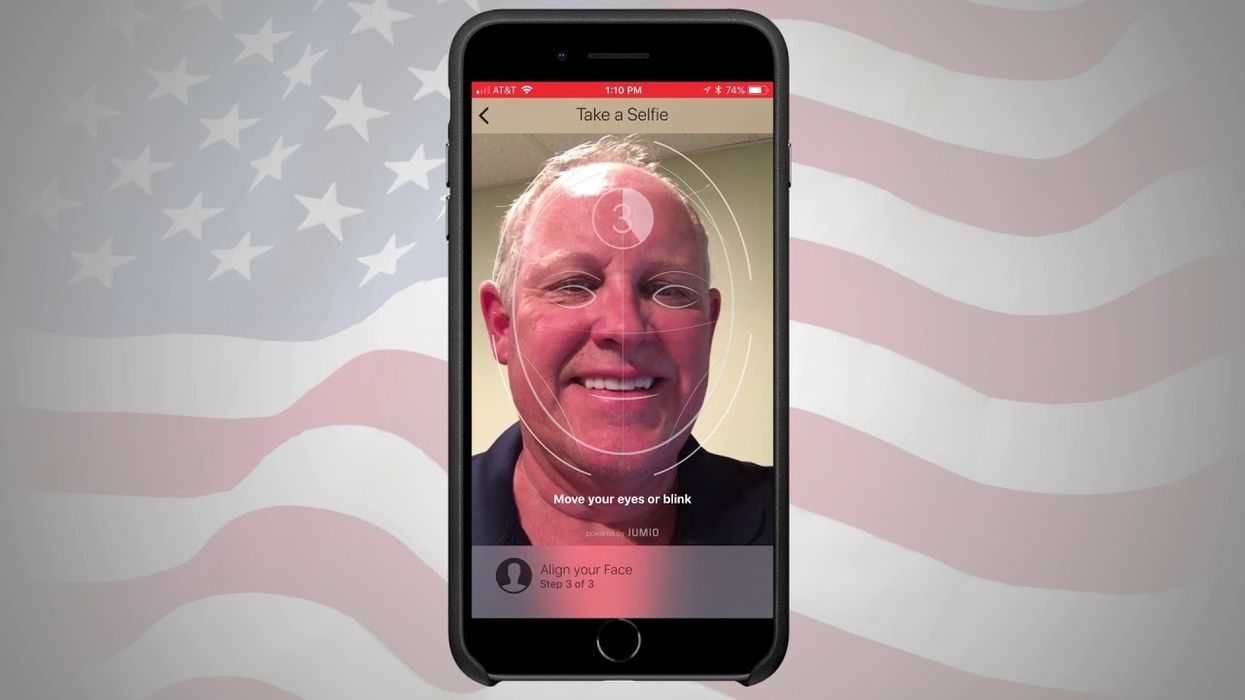Turnout was boosted between 3 and 5 percentage points last year by mobile voting in West Virginia, the first state in the country to permit such balloting in a federal election.
Members of the armed forces and other overseas voters from 24 of the state's 55 counties were allowed to vote online in the midterm. The limited experiment was orchestrated by the Republican secretary of state, Mac Warner, who cited his own frustration in trying to vote while stationed overseas in the Army.
"The effects of voting online could potentially be even greater if it were implemented in a more convenient way," the University of Chicago's Anthony Fowler, who conducted the research, told the Huntington Herald-Dispatch. "Mobile voting could have a profound impact on increasing voter turnout and potentially reduce inequalities in participation."
Those who wanted to vote online had to ask permission on a written form, download a special mobile app and then use two forms of biometric identity verification before casting their ballots.
Fowler said the mobile voting boosted turnout — and was cheaper to administer — than the most widely used alternative methods for increasing participation: early voting and voting by mail.
But he said he agreed with cybersecurity experts, and West Virginians he polled as part of his study, who expressed concern the system could be hacked and some votes might not counted accurately. "There is no verifiable paper trail. You can always go back and audit a paper ballot, where here, if someone hacks into the votes network, you don't know if it happened or how many votes were changed," Fowler said.




















Trump & Hegseth gave Mark Kelly a huge 2028 gift